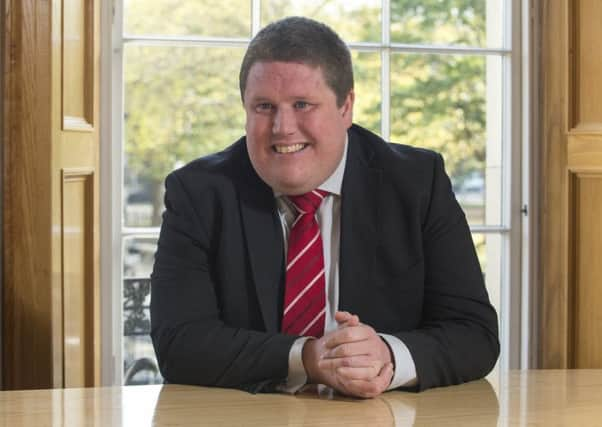Andrew Paterson: Changes to succession law in line with modern society


To make further progress, the Scottish Government recently released a Consultation on the Law of Succession, focusing on what should happen if someone dies intestate (without a Will).
The current rules of intestacy are as follows:-
• After debts have been paid, the surviving spouse/civil partner has “prior rights” consisting of:
Advertisement
Hide AdAdvertisement
Hide Ad• The right to the home they live in, up to the value of £473,000
• Furniture to the value of £29,000
• The sum of either £50,000 or £89,000, depending on whether there are surviving children
After prior rights have been met, the surviving spouse/civil partner has a “legal right” to a one-third share of the net moveable estate if there are no children. The children share either one-half or one-third of the net moveable estate, depending on whether there is a surviving spouse/civil partner.
What remains of the estate is then distributed in accordance with rules largely unchanged since 1964. If there are no children, surviving parents or siblings take priority over a surviving spouse/civil partner. This can come as a surprise, as there is a misconception that the law favours the surviving spouse/civil partner over other relatives.
The proposals for reform are intended to offer a streamlined, modern approach:
A spouse/civil partner should inherit the whole estate if there are no surviving children (a significant change to the current law);
Children should inherit the whole estate if there is no surviving spouse/civil partner; and
If there are a surviving spouse/civil partner and children, the Government is finding it challenging to ascertain an appropriate division and is now suggesting possible solutions from other jurisdictions.
Advertisement
Hide AdAdvertisement
Hide AdIn the current law, adopted children are treated identically to biological children, but step-children have no rights to a step-parent’s estate. There are no proposals to extend inheritance rights to step-children but it is apparent from the Government’s consultation that they believe more could be done to protect step-children.
The consultation also considered whether cohabitants should be given the same rights as spouses/civil partners. At present, a cohabitant has no automatic share of the deceased’s intestate estate. They would have to apply to court and have six months from the date of death to do so. There are plans to increase this to one year.
Courts are given limited guidance on how to make awards and the lack of case law in this area can lead to volatile outcomes. The Government’s new proposal is a two-stage process to establish the cohabitant’s rights. The first would determine whether the couple were cohabitants and factors such as whether they resided together, the stability of the relationship and whether they had children together.
Stage two would determine the “appropriate percentage” that the cohabitant would be entitled to receive, based on the “quality of the relationship”. Factors include the duration of cohabitation, nature of their interdependence at that time and what contributions they made during that time.
There are obvious cases of potential unfairness. For example, an elderly couple may become separated if one has to reside in care. They would not live together so strictly speaking they would not cohabit and the quality of the relationship on the specified factors may be poor given their age and health.
In addition to the rules on intestate succession, the consultation looked at other areas for reform. One was the situation of a convicted murderer being named as an Executor in their victim’s Will. Whilst this is thankfully unusual, the current position is that a court application could be made to have the Executor removed and the law is likely to be changed in that regard.
The consultation also looked at the level of information provided in an inventory of a deceased’s estate when confirmation is obtained as that information is then publicly available through the National Records of Scotland. This could prove concerning where, for example, bank details of a joint bank account are shown.
In all these issues, there will rarely be a perfect one-size-fits-all answer. Striking a balance is proving tricky, as the law takes tentative steps to reflect our diverse society.
Andrew Paterson is a Partner with Murray Beith Murray